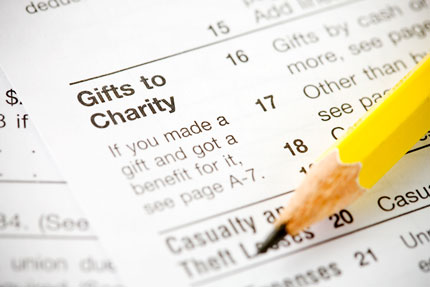ICONO News Desk
- Details
- Written by Kamran Parvini EA, MBA, CGREA
- Hits: 502
On Wednesday January 1, 2026, nearly every American will be affected by a great number of tax changes, as the Trump tax cuts end on this date.
Major provisions in the Tax Cuts and Jobs Act of 2017 (TCJA) expire unless Congress extends them. If the TCJA provisions sunset, most everyone will be affected one way or another. Tax brackets, higher income tax rates for everyone, child tax credit, state and local tax deductions, mortgage interest deductions and much more will change.
If the provision is not renewed, the tax rates will revert to their 2017, pre-TCJA rates.
- Details
- Written by Kamran Parvini EA, MBA, CGREA
- Hits: 34727
The Internal Revenue Service (IRS) has long been considering what the reporting rules and substantiation requirements should be for cash and noncash gifts. Their recently issued final regulations became effective on July 30, 2018 for cash donations and in the case of noncash donations, the regulations apply to charitable contributions made on or after January 1, 2019. These new rules apply to cash and noncash gifts made by individuals, partnerships, and corporations and are an attempt to curtail the abuses of charitable contribution reporting and subsequent unearned deductions by taxpayers and appraisers.
The new rules for noncash gift reporting kick in for contributions of $5,000 or more. These gifts require a qualified appraisal and completion of Form 8283 (either Section A or Section B depending on the type of property donated.) If the taxpayer is claiming noncash contributions of $500,000 or more, the qualified appraisal must be attached to the filed tax return.
Read more: New IRS Rules for Valuation of Charitable Contributions
Website Developed by Hammond Design Web

